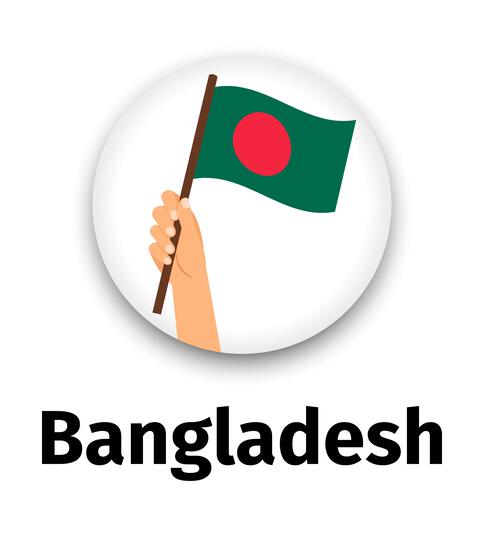A nation is only as strong as its commitment to protecting its most vulnerable. When minorities live in fear, when their voices are silenced, when their rights are denied — the soul of the nation is wounded. Protecting minorities is not just a moral obligation; it is a democratic necessity.
A just society does not wait for tragedies to act — it builds systems of protection that ensure no one is left behind.
Vulnerability Is Not Weakness — It Is a Call for Justice
Minority communities in Bangladesh — ethnic, religious, linguistic, and indigenous — have endured systemic discrimination, land dispossession, cultural erasure, and violence. These are not isolated incidents but part of a structural pattern of exclusion.
Vulnerability is not the fault of those who suffer it; it is a reflection of a system that fails to protect them.
Protection Is More Than Reaction
Too often, minority protection is treated as a response after harm has already been done — after homes are burned, after people are displaced, after dignity is violated. This reactive approach is not protection; it is damage control.
Real protection is preventive. It is institutionalized. It is community-based. It creates early warning and rapid response systems, legal safeguards, and social safety nets before harm occurs.
Building a System That Protects
A strong protection system must be rooted in human rights, legal accountability, and community empowerment. It should include:
-
🛡 Community protection networks — volunteer groups and local defenders trained to respond and alert.
-
⚖ Legal safeguards and rapid legal aid — ensuring justice is accessible to vulnerable groups.
-
🧭 Early warning systems — to detect and respond to risks before they escalate into violence.
-
🕊 Government and civil society coordination — because protection is a shared duty, not an isolated effort.
-
📢 Empowered minority leadership — ensuring communities are not passive recipients but active protectors of their own rights.
Solidarity Is the Strongest Shield
A protective system cannot exist in isolation. It needs solidarity — from students, activists, journalists, civil society, and ordinary citizens. When communities stand together, they send a clear message: an attack on one is an attack on all.
Human chains, solidarity rallies, and collective advocacy can turn vulnerable spaces into powerful centres of resistance and resilience.
Justice Must Be Built, Not Just Demanded
Minority protection is not a favour — it is justice in action. If democracy is to mean anything, it must guarantee safety, dignity, and equal rights to those most at risk.
When systems fail, people must organise. When voices are silenced, others must speak. When one group is targeted, we must all stand as protectors.
🕊 “To protect the vulnerable is to protect the nation’s conscience.”
Published by: Minhaz Samad Chowdhury — Independent Human Rights Defender, Bangladesh
#MinorityRights #HumanRights #NoOneLeftBehind #CommunityProtection #Bangladesh #Solidarity #Justice #Inclusion #DefendTheDefenders




.jpg)









No comments:
Post a Comment
Please validate CAPTCHA